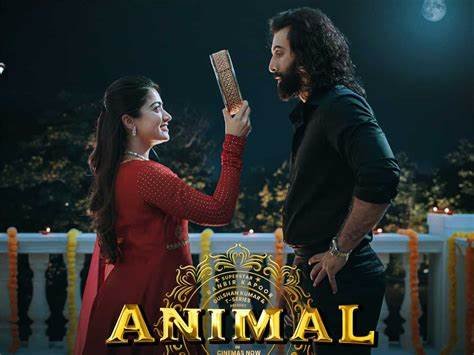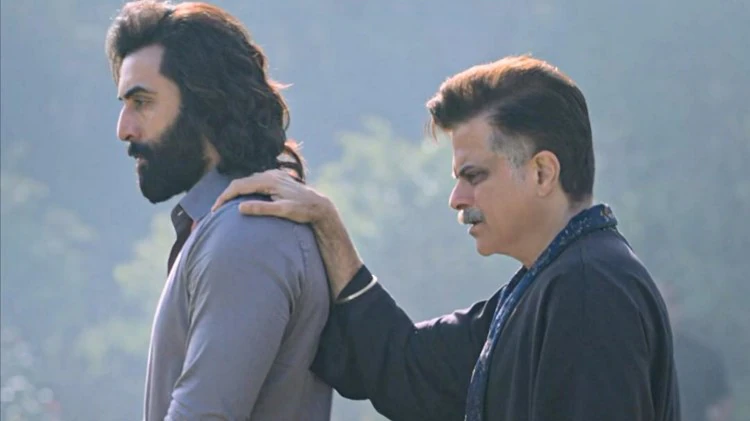Ranbir Kapoor’s highly anticipated film “Animal” has ignited a firestorm of criticism even before its release. The trailer, unveiled on October 10th, 2023, drew sharp rebukes for its portrayal of women, deemed by many as misogynistic and reinforcing harmful stereotypes. This article delves into the heart of the controversy, exploring the arguments on both sides and the potential impact on the film’s future.

Fueling the Flames: Concerns and Criticisms
The trailer depicts Ranbir Kapoor’s character, a violent gangster, engaging in toxic masculinity, objectification of women, and normalized aggression. Specific scenes that drew flak include:
- Table 1: Key Controversial Scenes in Animal Trailer
| Scene | Description | Criticisms |
|---|---|---|
| A woman being forcibly kissed | Violation of consent and normalization of male entitlement | |
| Women reduced to objects of desire | Demeaning portrayal of female characters and perpetuating gender stereotypes | |
| Glorification of violence against women | Trivializing real-world issues like domestic abuse and harassment |
Critics argue that such depictions, especially in a mainstream film with a large audience, can have detrimental consequences. They highlight the potential to normalize harmful attitudes towards women and contribute to a culture of violence.
Defense from the Camp: Justifying the Narrative
Director Sandeep Reddy Vanga, known for his dark and gritty storytelling, has defended the film’s portrayal. He claims that “Animal” realistically depicts the underbelly of society, where such behavior, unfortunately, exists. He argues that presenting these truths, however uncomfortable, is essential to spark conversations and initiate change.
Vanga further emphasizes that the film is not advocating for such behavior but rather exposing it. He maintains that the narrative ultimately critiques these actions and explores the consequences faced by the characters.
Table 2: Vanga’s Arguments in Defense of Animal
| Argument | Explanation |
|---|---|
| Reality reflects art | The film depicts a specific section of society where misogyny is prevalent |
| Spark for social dialogue | Aims to initiate conversations about challenging societal norms and advocating for gender equality |
| Character evolution | The narrative ultimately criticizes the protagonist’s actions and showcases their downfall |
Vanga’s stance finds support from some who believe that shying away from portraying unpleasant realities hinders progress. They argue that honest depictions, even if disturbing, can be effective tools for raising awareness and promoting social change.

The Road Ahead: Navigating the Controversy
The “Animal” controversy is far from over. The film’s release, slated for November 25th, is likely to be met with mixed reactions and continued debate. Its box office performance and critical reception will be closely watched, offering insights into the audience’s response to the controversial content.
Open-ended Questions for Reflection:
- Does artistic expression have a responsibility to avoid potentially harmful portrayals, even if aiming for realism?
- Can films like “Animal” act as catalysts for positive change or simply reinforce existing negative attitudes?
- Should filmmakers prioritize entertainment value over social responsibility, or can they strike a balance?
Ultimately, the “Animal” controversy invites viewers to engage in critical dialogue about representation, social responsibility, and the role of cinema in shaping public discourse. Whether the film sparks change or fuels existing concerns remains to be seen, but its roar has undoubtedly shaken the landscape of Indian cinema.
As the release date approaches, the debate surrounding “Animal” will undoubtedly continue. The film’s journey promises to be anything but smooth, but it also presents an opportunity for a broader conversation about representation, artistic freedom, and the power of cinema to ignite social change.
Last Updated on Wednesday, December 27, 2023 2:58 pm by Kinnera Meghana

